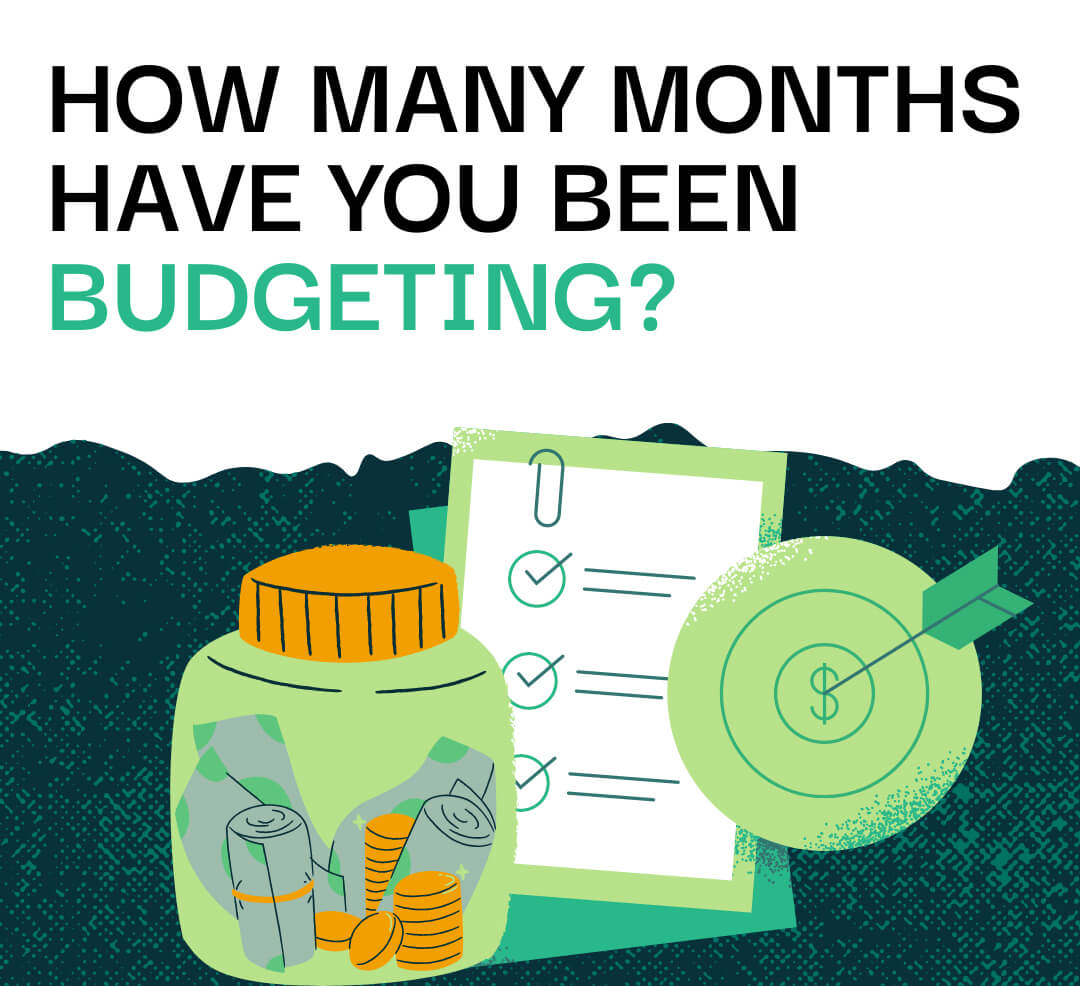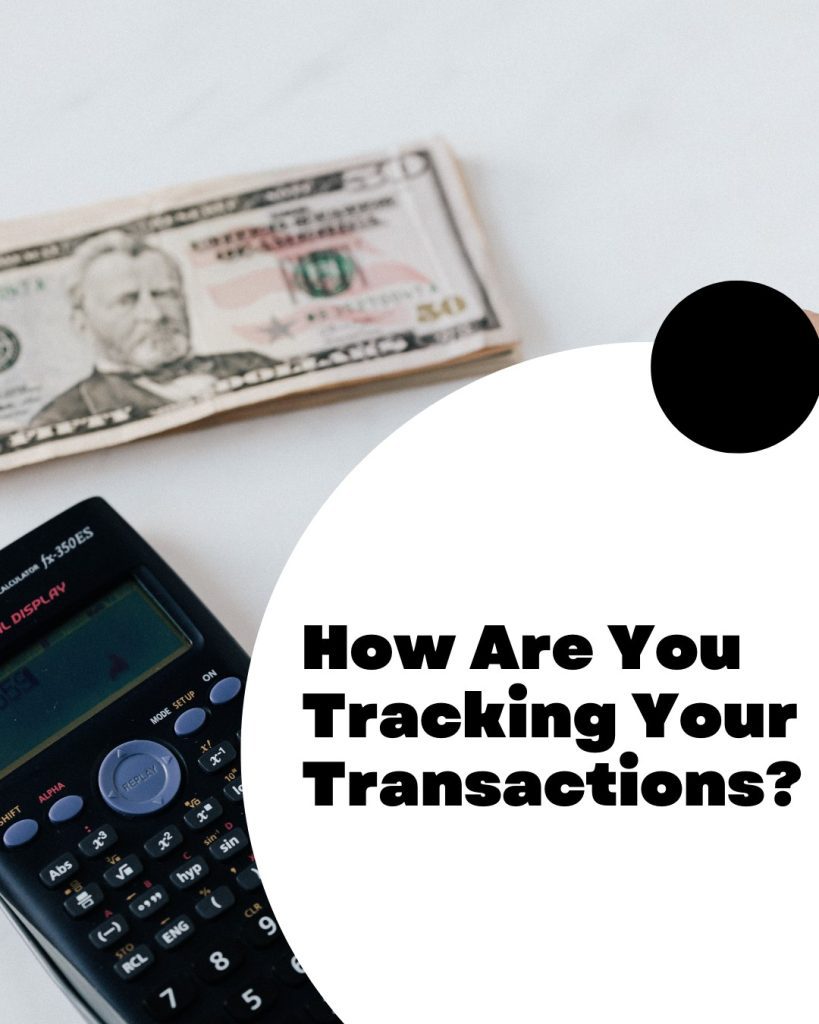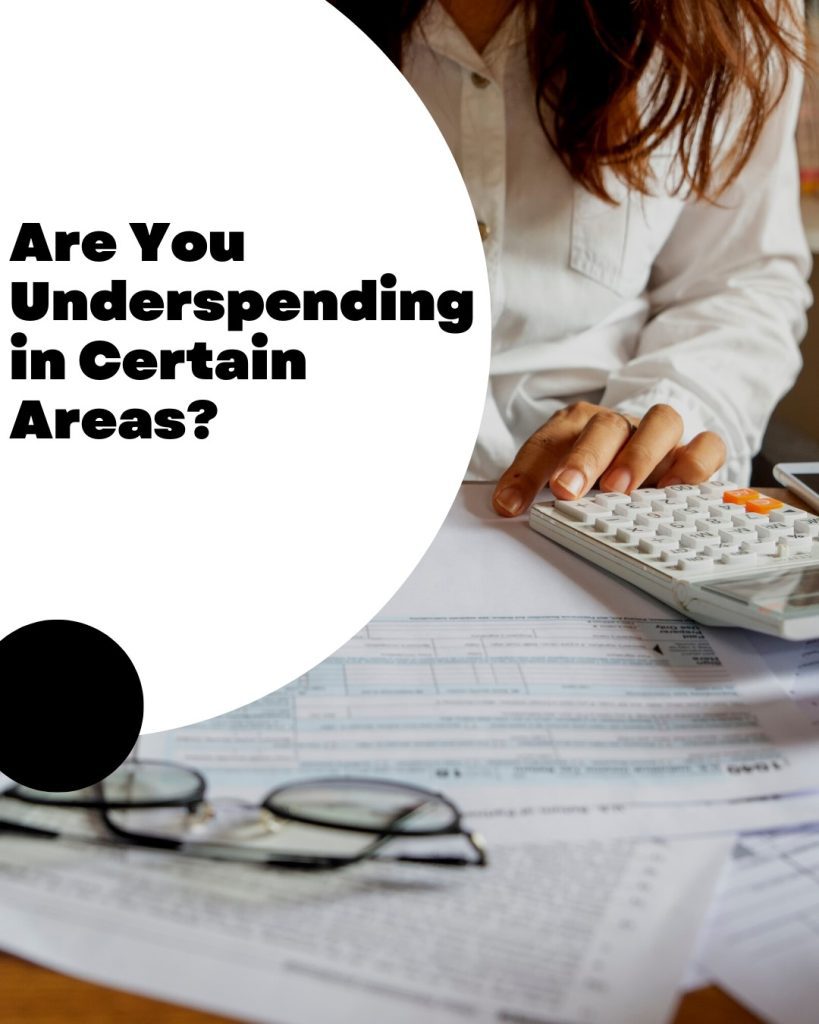
28 Dec How many months have you been budgeting?
When first budgeting, it could take a few months before you can feel in control of your personal finances and develop a clear picture of where your money is going.
If you’re like most people, you probably went years without organizing and supervising your finances in a logical and structured way. While you have a vague idea of where your money is going, you can’t point out exactly how much you’re spending on specific categories of products and services.
Categorization and Prioritization
As we mentioned in previous topics, one of the first steps when budgeting is to divide your costs into essential expenses (needs) and non-essential expenses (wants).
To do so, you need to organize your expenses into different categories. Here are some examples.
Milk, bread, meat, etc. can be categorized as groceries.
Electricity, gas, phone bills, etc. can be categorized as utilities.
Shirts, jeans, hats etc. can be categorized as clothing.
Soap, shampoo, hydrating cream, etc. can be categorized as personal care.
Fuel, oil changes, taxi etc. can be categorized as transportation.
Books, movies, cinema tickets, eating out, etc. can be categorized as leisure.
Credit card payments, mortgage payments, etc. can be categorized as debt.
Health insurance premiums, life insurance premiums etc. can be categorized as insurance.
The number and types of categories that you will include in your budget depend on both your current and planned lifestyle.
Some of these categories are undoubtedly needs, like groceries and utilities, while others are clearly wants (like leisure). You should also determine which wants have priority over the others. Which cost would you be more willing to cut if you had to reduce your monthly spending? A new book or a new pair of shoes? Eating out with friends or going to the SPA?
Categorizing and prioritizing your expenses will allow you to look at your personal finances in a completely different light.

How Are You Tracking Your Transactions?
To analyze your current spending patterns, it’s crucial that you start tracking your expenses.
While tracking fixed expenses (like health insurance premiums or mortgage repayments) is pretty straightforward, keeping track of variable ones requires taking note of each transaction.
How much did you spend today on groceries, personal care, and leisure? Are you writing down each transaction day after day? Doing so will allow you to determine how much money you spend each month (or week) on any given category.
To track your expenses, you can use a paper tracker (like a small notebook), a note-taking app on your smartphone, or a dedicated budgeting app.
Detecting Overspending Patterns
After tracking your expenses for some weeks, you begin to get a way more precise idea of how much money goes where. This information allows you to understand in which categories you spend more than you should.
Use this knowledge to change your consumer behavior in your daily life. Such a change doesn’t need to be sudden and drastic. For example, if you are spending way too much on clothes and leisure activities, you can set the goal of reducing these costs gradually over the next 3 or 4 months until you reach a reasonable level.
Budgeting allows you to direct your behavioral changes in a way that promotes more responsible spending. After a few months, you will start to feel in control of your finances and visualize what is going on with your money at any time.

Are You Underspending in Certain Areas?
Observing your spending patterns may also allow you to detect areas in which you are spending less than you are supposed to. This can happen when overspending in certain areas doesn’t leave you with enough cash to spend more than a certain amount on other products and services. However, until you start budgeting, you are not fully aware of these dynamics.
Let’s assume you’ve been overspending in the leisure category. You go out with friends at night more than once a week, and you buy too many songs on iTunes. In this scenario, the decreased balance on your checking account may force you to spend less on quality food and personal care products that would increase your quality of life.
Before you started budgeting, you were not aware that this was going on. Getting a clear picture of where your cash flow can allow you to get your cash flow back in order so that you finally have enough cash for the things that you really need.
We want to hear more from you. What stage are you currently in? Are you still in the process of figuring out your finances? When did you start tracking your expenses? Can you tell in which areas you are overspending and in which ones you are underspending?

